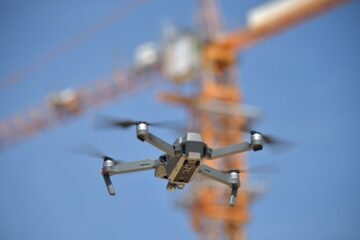The use of facial recognition technology has been a contentious topic for some time, with many arguing that it invades privacy and can be used to discriminate against certain groups of people. However, it was only when Madison Square Garden (MSG) denied a woman entry to a Rockettes show that the debate truly ignited.
The incident took place at MSG, when a woman, who wishes to remain anonymous, attempted to enter the venue to see the famous Rockettes show. The woman, who is of South Asian descent, was denied entry because the facial recognition technology used at the venue did not recognize her face.
The woman was shocked and confused, as she had purchased a ticket for the show and had a valid ID. She was told that the facial recognition system had flagged her as a potential match for someone on a banned list. She was eventually allowed to enter the venue after a security guard manually verified her identity, but the experience left her feeling humiliated and discriminated against.
The incident quickly made headlines and sparked a heated debate about the use of facial recognition technology. Critics argue that the technology is flawed and can lead to false matches and discrimination against certain groups of people. They also point out that it can be used to invade privacy and track individuals without their knowledge or consent.
In response to the incident, MSG issued a statement apologizing to the woman and announcing that they were reviewing their facial recognition policies. The company also pledged to work with civil rights organizations to improve the technology and prevent similar incidents from happening in the future.
The incident at MSG has also caught the attention of New York lawmakers, who are now considering legislation to regulate the use of facial recognition technology in public spaces. The legislation would set guidelines for how the technology can be used and ensure that it does not lead to discrimination or invasion of privacy.
The debate over facial recognition technology is not new, but the incident at MSG has highlighted the need for regulation and oversight to ensure that it is used responsibly. It is a complex issue that touches on privacy, civil rights and technology and it’s crucial that a balance is reached between security and protecting individual rights.




